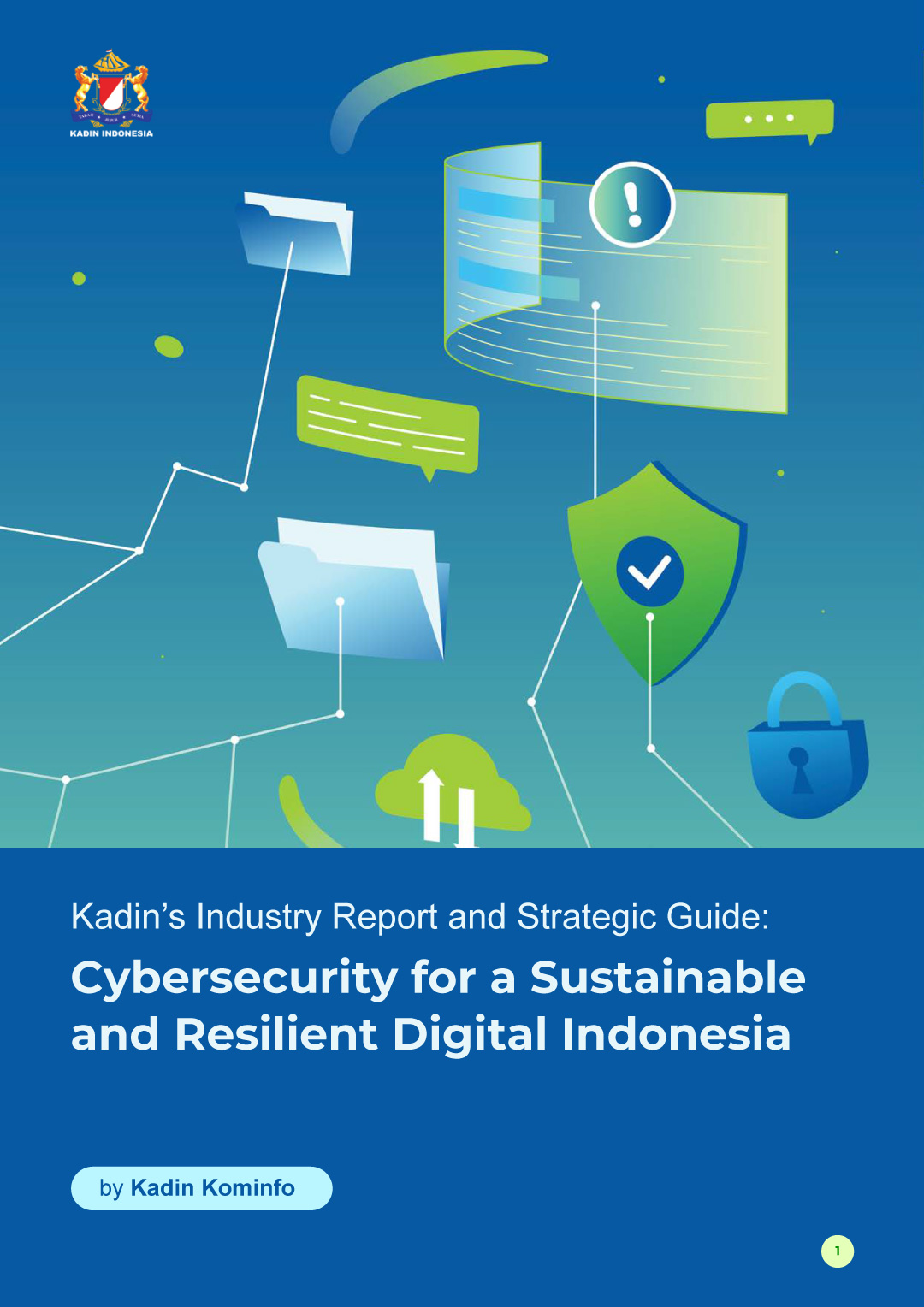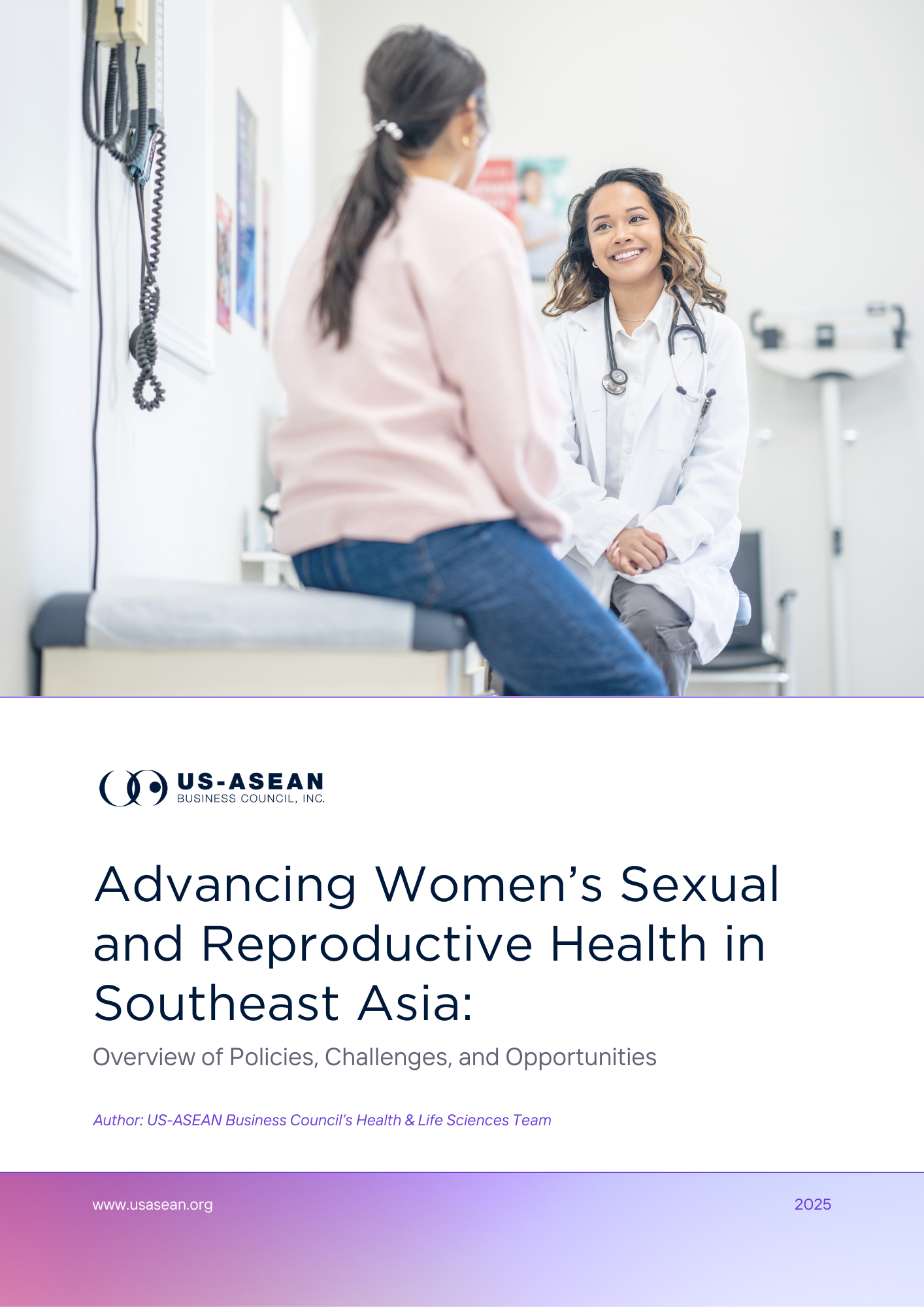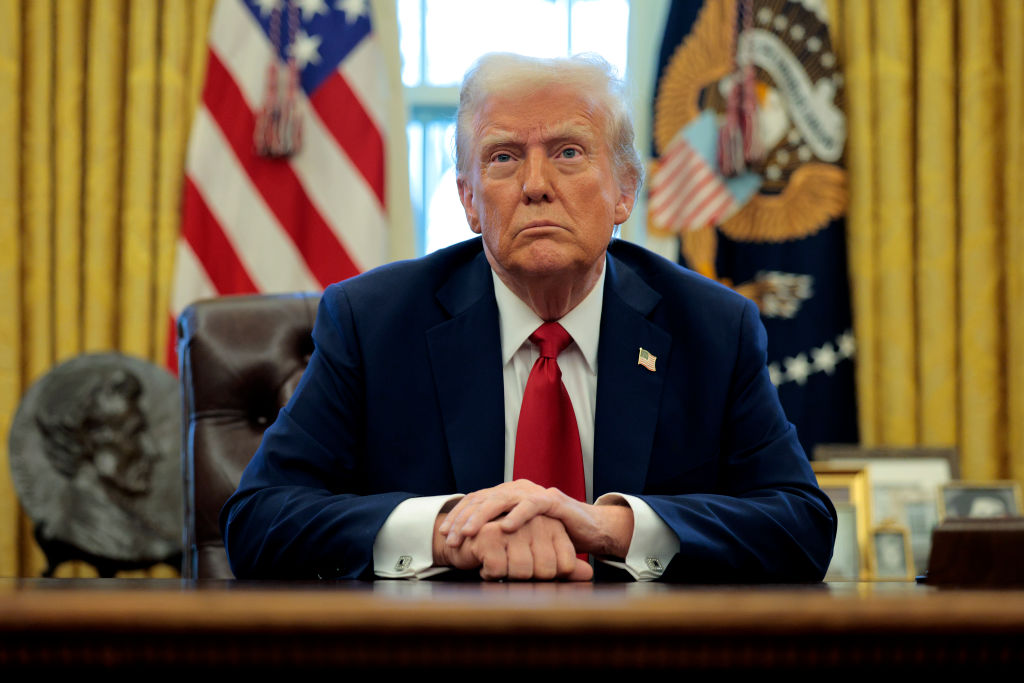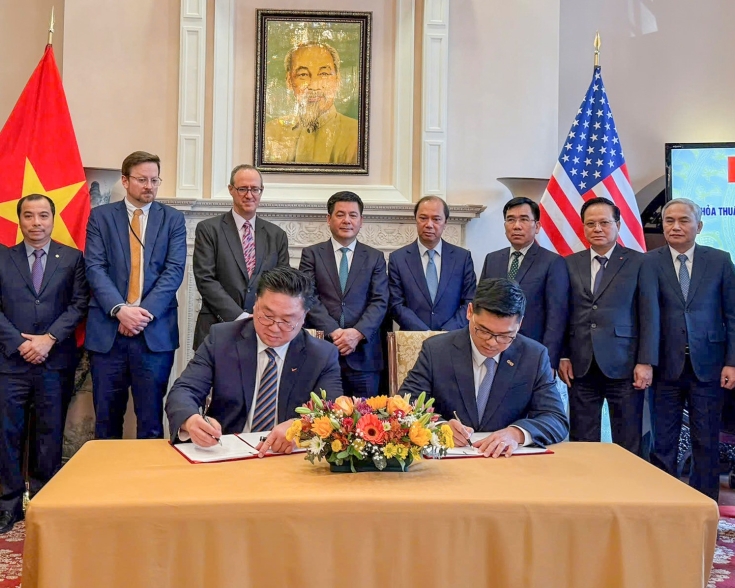Thailand Advances Trade and Macroeconomic Strategy Amid Global Uncertainty
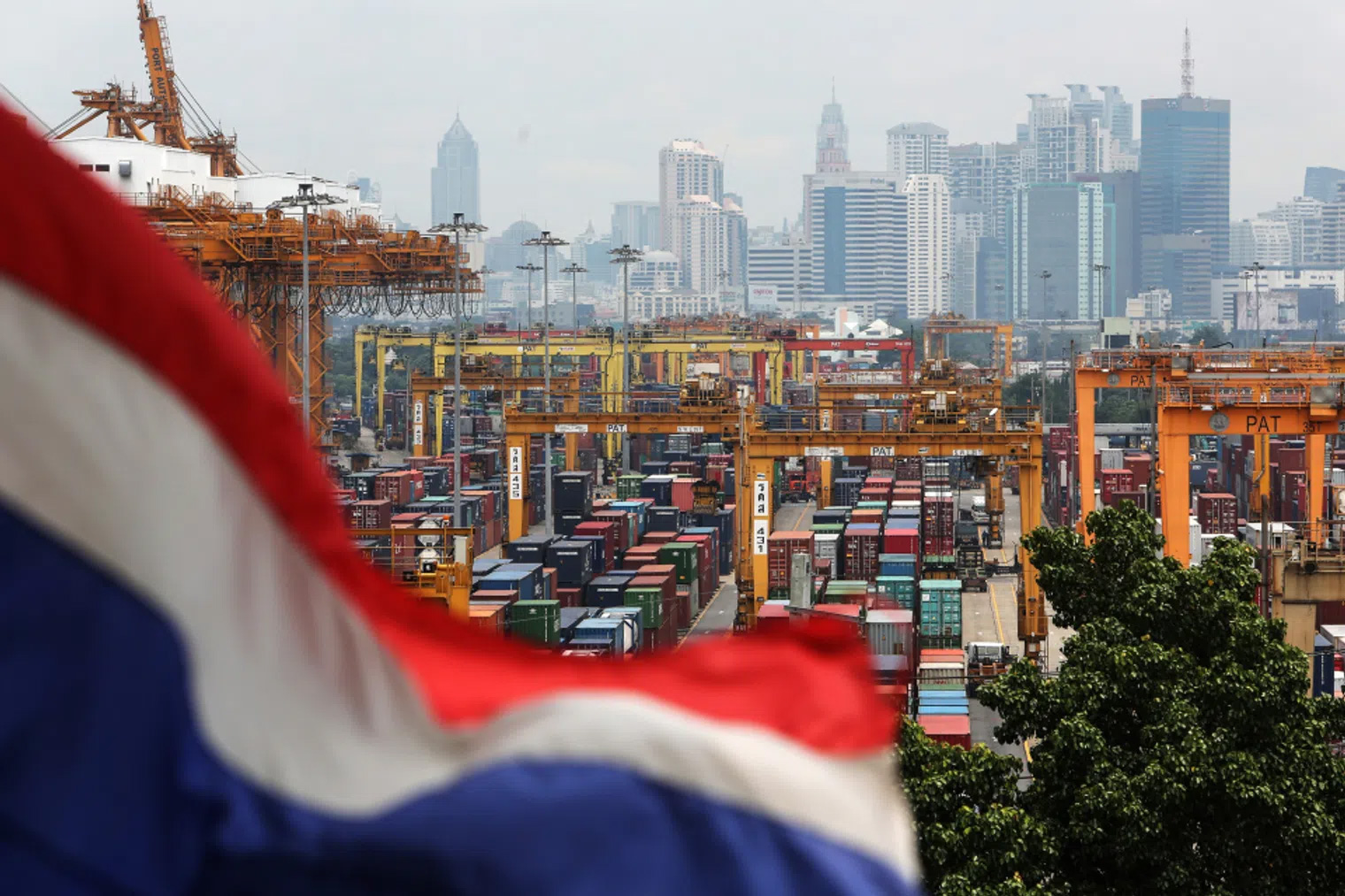
The Government of Thailand is undertaking strategic, calculated efforts to ensure its economic policies deliver sustainable benefits in the face of global uncertainty. With the United States remaining Thailand’s largest export market and a trade surplus exceeding $45 billion (ranked at 11th globally), the government has expressed concerns over the potential impacts of new U.S. trade tariffs under President Trump and growing trade imbalance issues.
To mitigate these risks and diversify market opportunities, the government is accelerating trade diplomacy through FTA negotiations with new trade partners; while maintaining balanced relations with the U.S. Domestically, it is working closely with business and academic stakeholders to strengthen economic resilience and promote long-term competitiveness.
In January 2025, Thailand signed a comprehensive FTA with the European Free Trade Association (EFTA), aimed at facilitating trade, sustainable development, inclusive growth, and capacity building. Furthermore, the fifth round of FTA negotiations with the European Union will resume from March 31 – April 1. Officially launched in 2013, the talks were suspended following Thailand’s 2014 military coup. The agreement, targeted for conclusion this year, is expected to significantly boost trade with EU–currently accounting for 8% of Thailand’s global export–and boost EU foreign direct investment, which comprises 15% of total FDI in Thailand.
Thailand is also pursuing bilateral FTA negotiations with the United Arab Emirates (UAE), South Korea, and Canada to further diversify trade ties and strengthen its position in the global markets. These initiatives aim to expand Thailand’s global trade footprint, attract foreign investment, and align domestic product standards and regulations with international benchmarks.
In addressing trade concerns with the USG, the Thai government engaged with the U.S. government officials in early February to help preserve and strengthen bilateral economic ties. Thailand continuous to offer preferential treatment exclusively to investors under the U.S.-Thailand Treaty of Amity and has indicated openness to narrowing the trade surplus by increasing imports of U.S. products. Prime Minister Paetongtarn Shinawatra has also tasked the national U.S. Trade Policy Task Force to assess the potential impact of U.S. trade policy on Thailand’s main export sectors, with findings to be presented to Parliament.
On the domestic front, a panel discussion on March 10 involving government, business, and academic representatives identified key strategies to navigate evolving U.S. trade policies. The nation aims to build economic strength through greater domestic consumption, maintain financial and macroeconomic stability, and deepen regional trade relations, particularly within ASEAN. Strengthening cooperation with the U.S. was also emphasized, especially in light of the Trump administration’s focus on transactional trade negotiations.
Long-term structural measures are also being prioritized. These include boosting key industries such as food and biotechnology, promoting value-added products through technology and innovation, and upgrading workforce skills to meet demands of future industries.
Together, these international and domestic strategies are expected to support Thailand’s ambitious target of 3% economic growth in 2025, up from 2.5% in 2024, despite ongoing global economic headwinds.



